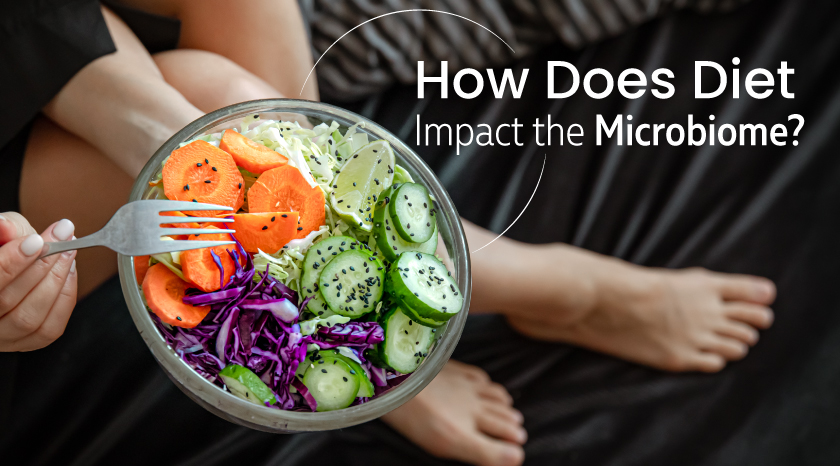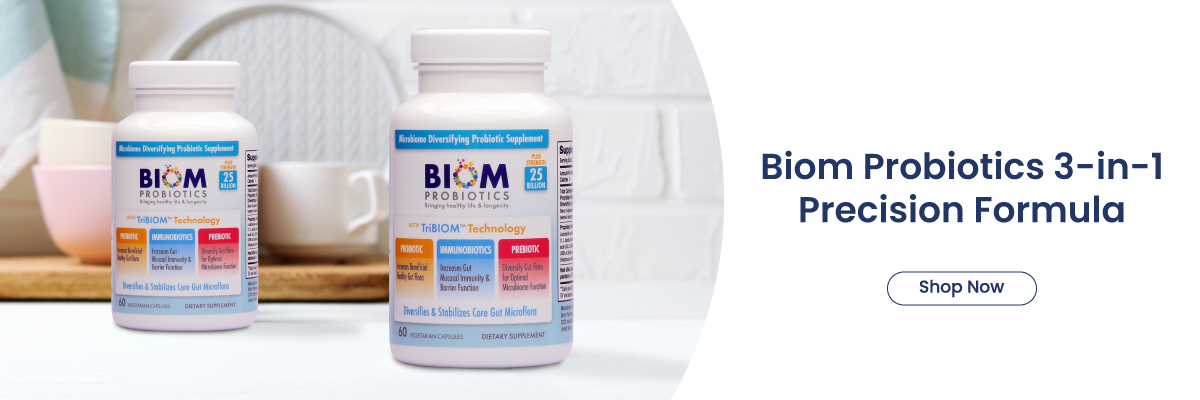The human gut microbiome, a vast and complex community of microorganisms residing in the digestive tract, plays a crucial role in overall health. It influences digestion, immune function, mental health, and even weight management. One of the most significant factors affecting the composition and function of the gut microbiome is diet. Understanding how different dietary components impact the microbiome can help us make informed choices that promote gut health and overall well-being.
The Basics of the Gut Microbiome
The gut microbiome consists of trillions of bacteria, fungi, viruses, and other microorganisms. These microbes perform various essential functions, including:
- Breaking down complex carbohydrates and fibers
- Producing vitamins and short-chain fatty acids
- Modulating the immune system
- Protecting against pathogenic bacteria
The diversity and balance of these microorganisms are critical for maintaining a healthy gut environment.
How Diet Shapes the Microbiome
- Fiber-Rich Foods:
- Role of Fiber: Dietary fiber is a primary fuel source for beneficial gut bacteria. When fiber is fermented in the colon, it produces short-chain fatty acids (SCFAs) like butyrate, acetate, and propionate, which are vital for colon health and have anti-inflammatory properties.
- Impact: Diets high in fiber from fruits, vegetables, whole grains, and legumes support a diverse and healthy microbiome. Conversely, low-fiber diets can lead to a decrease in beneficial bacteria and an increase in harmful bacteria.
- Probiotic Foods:
- Role of Probiotics: Probiotics are live beneficial bacteria found in fermented foods. They help maintain and restore gut flora balance.
- Impact: Consuming probiotic-rich foods like yogurt, kefir, sauerkraut, kimchi, and miso can enhance the microbiome by introducing beneficial bacteria, which can improve digestion and immune function.
- Prebiotic Foods:
- Role of Prebiotics: Prebiotics are non-digestible fibers that feed beneficial bacteria.
- Impact: Foods such as garlic, onions, leeks, asparagus, bananas, and whole grains act as prebiotics, promoting the growth of healthy gut bacteria and improving gut health.
- High-Fat and High-Sugar Diets:
- Role of Unhealthy Foods: Diets high in saturated fats and sugars can negatively impact the microbiome.
- Impact: Such diets are associated with reduced microbial diversity and increased levels of pro-inflammatory bacteria, contributing to conditions like obesity, insulin resistance, and inflammatory bowel disease.
- Animal-Based vs. Plant-Based Diets:
- Animal-Based Diets: High consumption of meat and animal products can shift the microbiome composition towards bacteria that produce bile-tolerant microbes, which can be associated with inflammation and disease.
- Plant-Based Diets: Rich in fibers and antioxidants, plant-based diets promote a diverse and beneficial microbiome.
The Impact of Diet on Gut Health and Beyond
- Digestive Health:
- A fiber-rich diet enhances gut motility, prevents constipation, and supports a healthy digestive system.
- Immune Function:
- A balanced microbiome supports the immune system by enhancing the gut barrier function and modulating immune responses.
- Mental Health:
- The gut-brain axis connects the gut microbiome with mental health. Diets that support a healthy microbiome can improve mood and cognitive function.
- Metabolic Health:
- The microbiome influences metabolic processes, including energy extraction from food, fat storage, and insulin sensitivity. A healthy diet can prevent metabolic disorders like obesity and type 2 diabetes.
By focusing on these dietary strategies, you can cultivate a healthy gut microbiome that supports your digestive health, immune function, mental well-being, and metabolic health.
BIOM 3-in-1 Probiotics are an excellent choice for comprehensive gut health support, combining prebiotics, probiotics, and postbiotics in one powerful formula. This unique blend not only replenishes beneficial bacteria but also nurtures and sustains their growth, ensuring optimal gut health and overall wellness.





